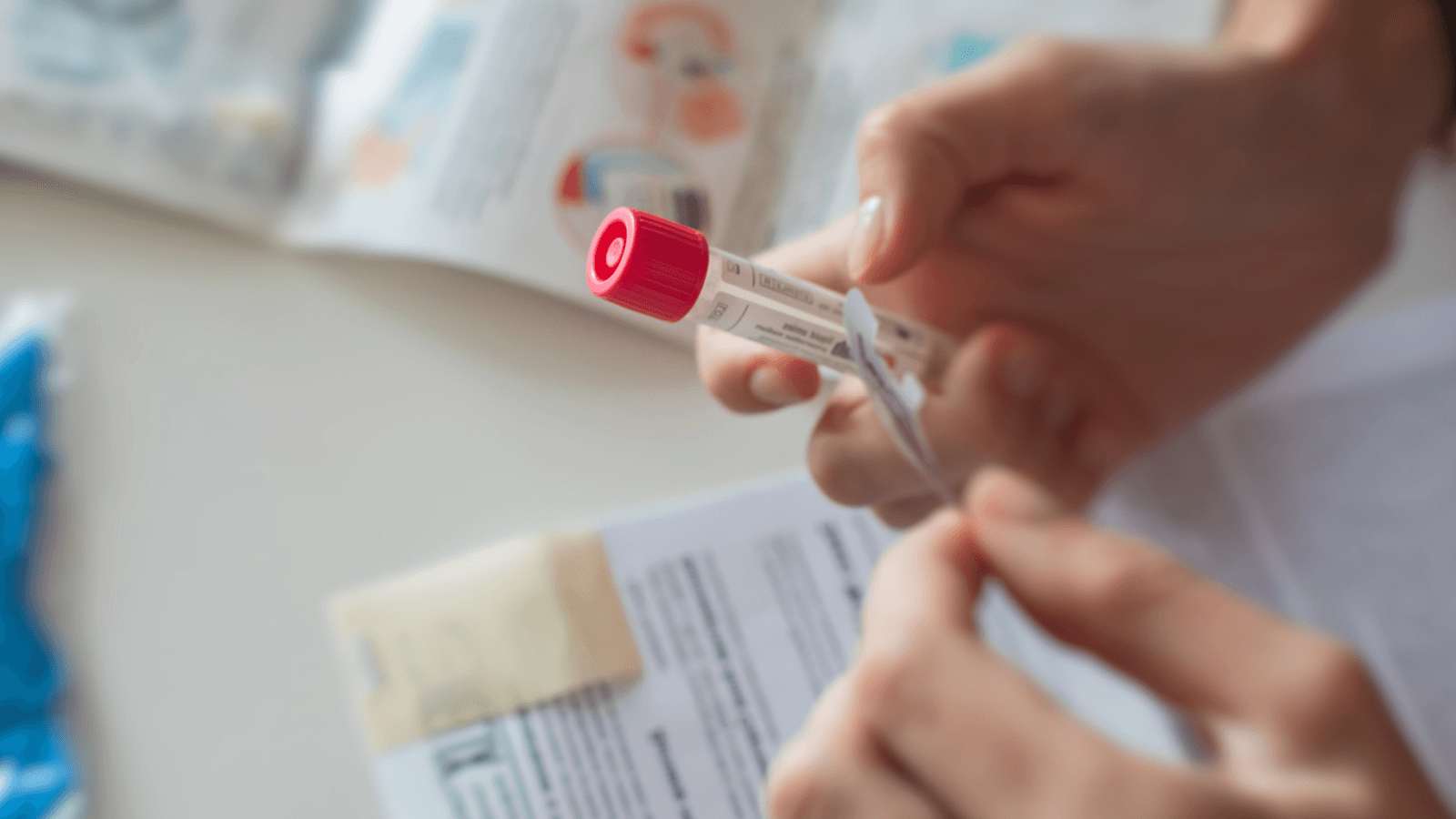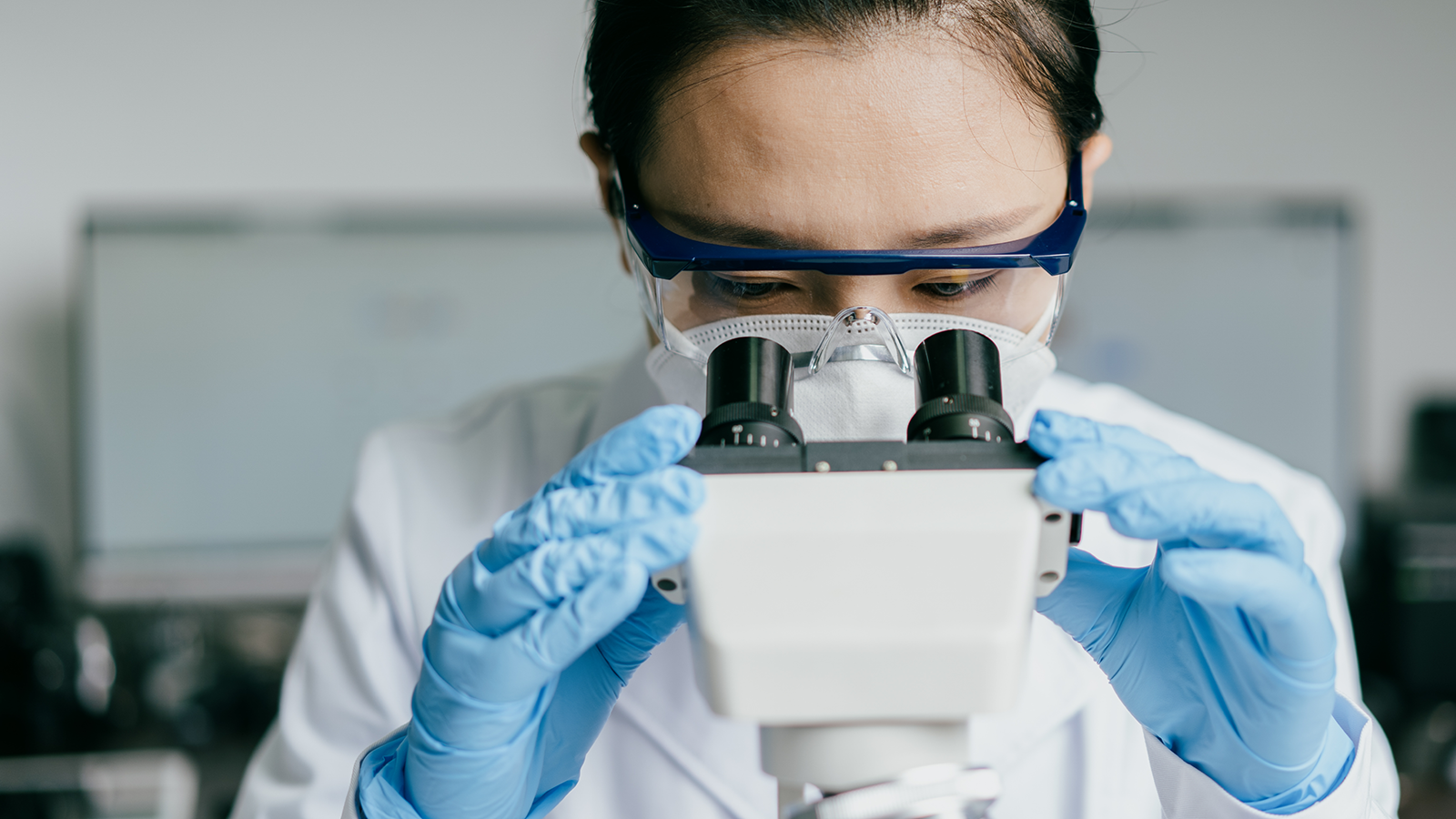Gene therapy for sickle cell disease
Two potential therapies in the pipeline
Michelle Gourdine, MD, Senior Vice President and Chief Medical Officer

Projected Treatments and Approval Timelines
Gene Therapy Pipeline | Q3 2023 – Q2 2027

Gene therapy to treat sickle cell disease (SCD) – which affects millions of people worldwide, including about 100,000 Americans – could soon be a reality. In fact, there are two potential therapies in the pipeline; both could receive U.S. Food & Drug Administration approval by the end of the year.
~100K Americans live with SCD
SCD refers to a genetic condition in which a DNA mutation causes red blood cells, which are usually round, to develop in a sickle or “C” shape. These misshapen cells can clog blood vessels, are less effective in transporting oxygen, and are prone to breaking down prematurely. People living with SCD may experience shortages of red blood cells (anemia) and episodes of acute pain. They also may be prone to serious complications such as infections, acute chest syndrome, and stroke.1
Lifetime medical costs for SCD, which include emergency department visits, hospitalizations, medication, and surgeries, could exceed $1 million. While gene therapies also are costly, these one-time, potentially curative treatments may offset those lifetime costs and may ultimately represent overall savings. Implementing gene therapy cost management solutions can help payors maintain coverage for their members while limiting the financial impact.
$1.7 million average lifetime cost of SCD2
The treatment landscape
To date there have been varied approaches to treating SCD. Medications can help prevent the sickling of red blood cells, improve blood flow, and manage symptoms or complications. One mainstay of therapy is hydroxyurea, which conveys clinical benefit but causes side effects that make adherence challenging for many patients.3 Currently the only cure for SCD is a bone marrow transplant, in which the patient is infused with healthy stem cells from a donor who is genetically compatible, usually a sibling. Bone marrow transplant is generally reserved for the most severe cases, as the procedure itself carries significant risks. Additionally, finding a suitable donor is often an obstacle.4
Gene therapy could eliminate the need for a donor by harvesting the patient’s own cells, modifying them, and infusing them back into the body, a technique known as ex vivo therapy.
Pipeline gene therapies for SCD
If approved, the following therapies could take the SCD patient population from zero gene therapy options to two, in a short time frame. Both are one-time administered infusions.
- Exagamglogene autotemcel (exa-cel), developed by Vertex Pharmaceuticals and CRISPR Therapeutics, would be the first therapy to use CRISPR-based gene editing technology.
- Lovotibeglogene autotemcel (lovo-cel), developed by bluebird bio, uses a modified virus (lentivirus vector) to insert a functional version of the gene that causes SCD into the patient’s own stem cells.5
Exa-cel also is pending approval for transfusion-dependent beta thalassemia, another inherited blood disorder.6This could introduce competition to bluebird bio’s Zynteglo (betibeglogene autotemcel), a gene therapy recently approved to treat the condition.7
Health equity considerations
While gene therapy might not be appropriate for all SCD cases, the fact that the condition disproportionately affects certain populations makes health equity an important consideration. According to the Centers for Disease Control and Prevention (CDC):
- 1 in 365 Black or African American babies are born with SCD
- 1 in 16,300 Hispanic babies are born with SCD
- 1 in 13 Black or African American babies is born with sickle cell trait (SCT)8
These populations are also more likely to have disparities in access to health care. It will be crucial, as innovative treatments such as these are launched, to help ensure that patients who are living with SCD are able to get appropriate treatment and support.
This document contains references to brand-name prescription drugs that are trademarks or registered trademarks of pharmaceutical manufacturers not affiliated with CVS Health.
©2023 CVS Health. All rights reserved. 2408160 081723


